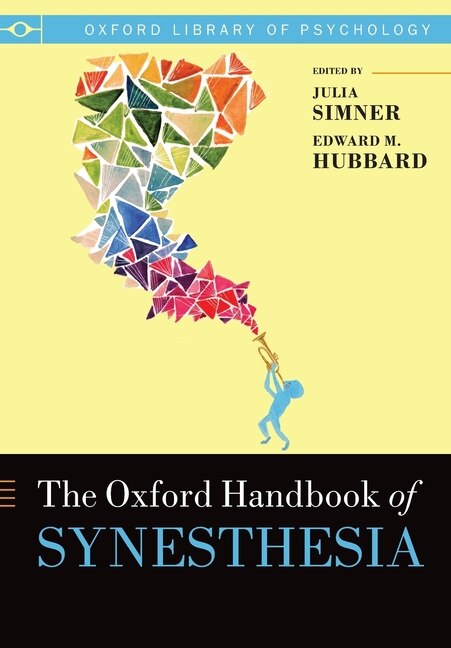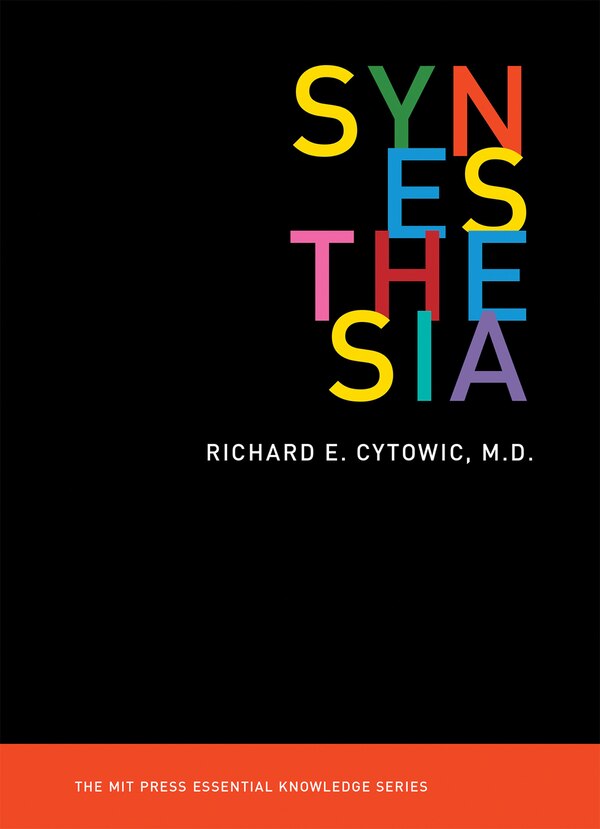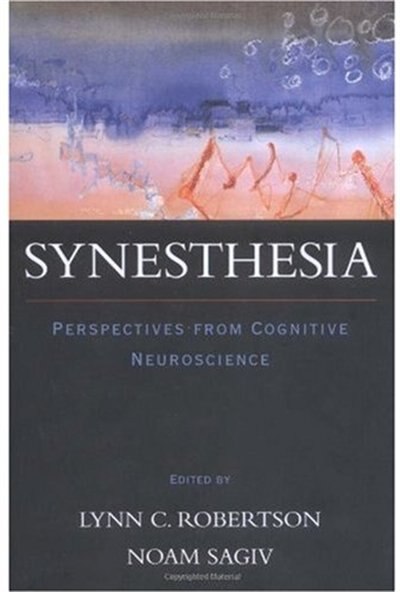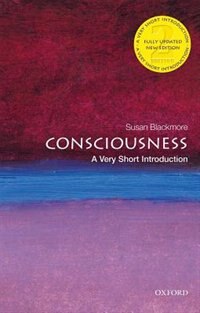Home
Synaesthesia: A Very Short Introduction by Julia Simner, Paperback | Indigo Chapters
Loading Inventory...
Indigo
Synaesthesia: A Very Short Introduction by Julia Simner, Paperback | Indigo Chapters
From Julia Simner
Current price: $13.50
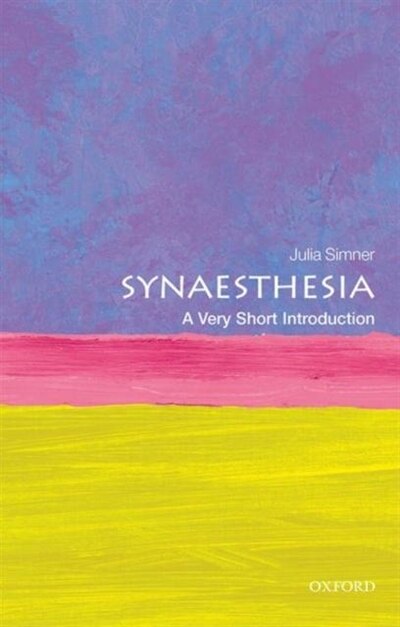

Indigo
Synaesthesia: A Very Short Introduction by Julia Simner, Paperback | Indigo Chapters
From Julia Simner
Current price: $13.50
Loading Inventory...
Size: 25.4 x 174 x 100
*Product information may vary - to confirm product availability, pricing, shipping and return information please contact Indigo
In 1893 a Swiss neuroscientist called Theodore Flournoy conducted an interview with an individual known only as "Madame L", during which Madame L described the personalities of numbers, from 6, an orphaned young man, very well brought up and polite, to 9, the selfish and maniacal husband ofMadame 8, to the extravagant and self-centred 5. For Madame L it was impossible to contemplate the numbers without feeling their attendant personalities. This is one of the first records we have of synaesthesia, often described as a rare neurological condition that gives rise to a type of "mergingof the senses". For those who experience it - synaesthetes - one sense appears to cross with another. Some people experience the sensation of different flavours when they hear certain words, while others see vivid colours on reading words. In the varying forms of synaesthesia letters, numbers, words, sounds, colours, or textures can merge together, resulting in sensations of colourful chords, chicken that feels pointy when eaten, and beef that tastes dark blue. In this Very Short Introduction Julia Simner introduces the many different ways synaesthesia presents itself. Discussing the scientific tests we have developed for distinguishing true synaesthetes (who may not even be aware that their sensations are unusual), Simner considers how we can measure theeffects synaesthesia has on the everyday lives of people living with it. Exploring the fascinating stories of different individuals' experiences of the world through the many forms of synaesthesia, she discusses the increasingly documented links between synaesthesia and artistic creativity andlateral thinking, and also the potential limitations synaesthesia might impose. Delving into the neuroscience behind synaesthesia, Simner also relates contemporary attempts at understanding both the genetic causes of synaesthesia, and how synesthetic sensations occur in the brain. ABOUT THE SERIES: The Very Short Introductions series from Oxford University Press contains hundreds of titles in almost every subject area. These pocket-sized books are the perfect way to get ahead in a new subject quickly. Our expert authors combine facts, analysis, perspective, new ideas, andenthusiasm to make interesting and challenging topics highly readable. | Synaesthesia: A Very Short Introduction by Julia Simner, Paperback | Indigo Chapters

